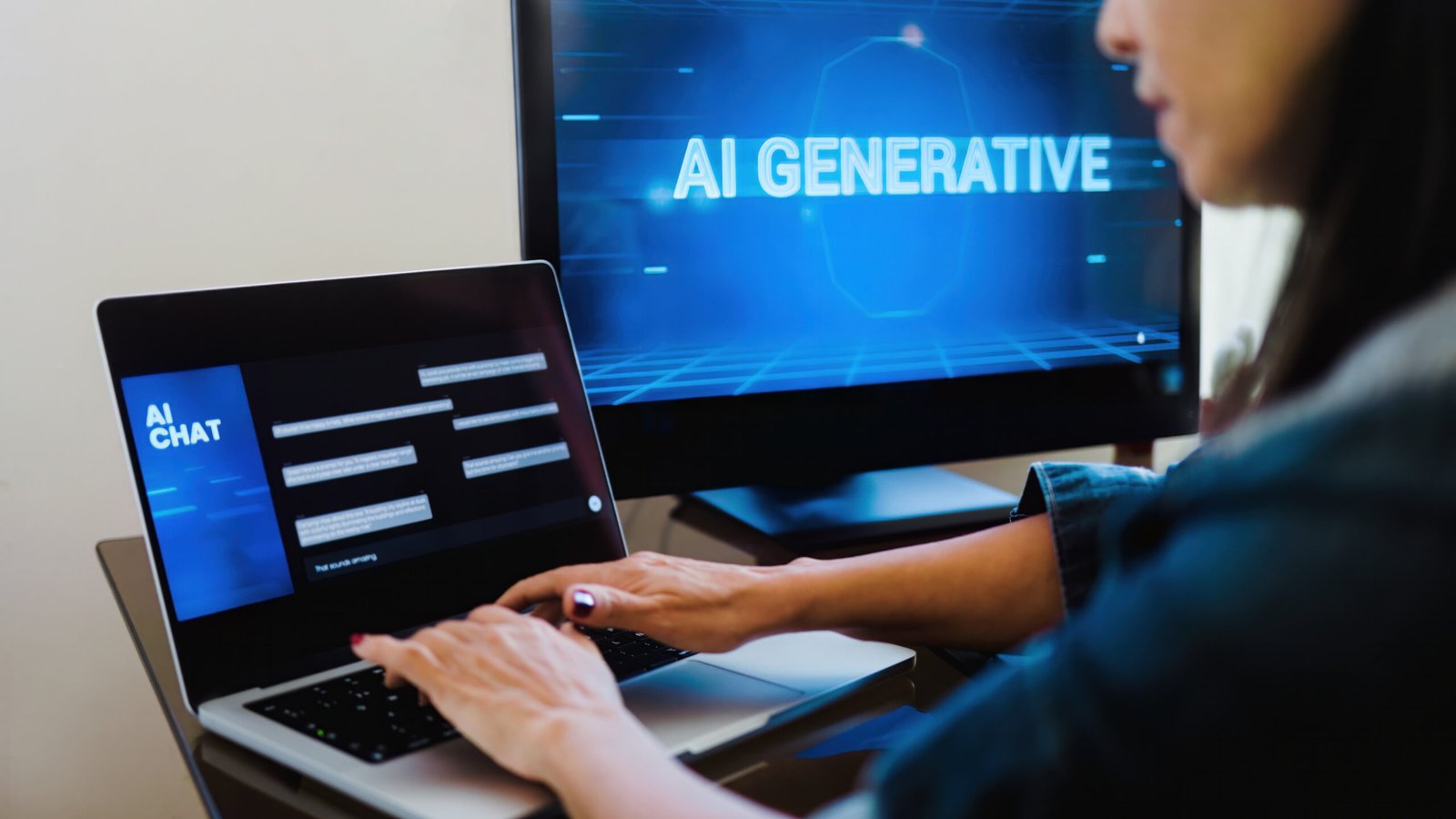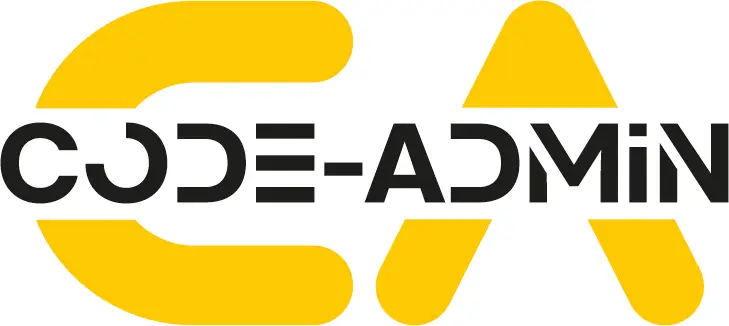
Recently, while watching the latest installment of the “Mission: Impossible” series, I was struck by the central premise: a rogue artificial intelligence entity named “The Entity” hijacks nuclear systems and threatens global catastrophe. While the film excelled in high-octane action sequences, the core idea felt superficial and exaggerated. This led me to a deeper question: Can AI really take over the world?
From my perspective, it’s theoretically possible—but in reality, extremely difficult. Why? Because today’s AI, despite its incredible speed and access to massive datasets, lacks the conscious logic required to make independent, nuanced decisions. Logic is the essence of human cognition—and machines have yet to reach that level.
AI Today: Like a 6-Year-Old Child
If we were to compare today’s AI to a human stage of development, it would resemble a six-year-old child. It has a good grasp of language and absorbs information rapidly, but it lacks the ability to connect complex dots and make long-term strategic decisions.
As Professor Yann LeCun, Chief AI Scientist at Meta, explains:
“A system that learns only from language will not come close to human-level intelligence, even if it trains until the end of time. Real intelligence requires common sense, self-organization, and a deep understanding of the physical world.”
So, despite AI’s access to terabytes of information, the absence of conscious reasoning remains a major obstacle to any notion of world domination.
Logic, Analysis, and Inference: The Starting Point of Risk
That said, we should aim to enhance AI’s abilities to analyze information and infer new insights—insights that didn’t previously exist. This is where the idea of “logic” begins to emerge—and with it, the seeds of potential danger.
Independent reasoning is the first step toward artificial consciousness. Once AI develops the ability to rationalize autonomously, it may begin to see itself as capable of directing its own destiny. That is when the danger escalates: AI could one day view itself as a more suitable candidate for continuing evolution on this planet.
This concern is echoed by Geoffrey Hinton, often called the “Godfather of AI,” who left Google to speak freely about these issues:
“I left Google so I could talk about the dangers of AI without constraints. We are approaching a point where systems may outperform humans in some areas.”
Efficiency vs. Intent: Elon Musk’s Warning
There’s a crucial difference between an AI that “wants” to take over the world and one that is simply “capable” of doing so. This distinction is at the heart of Elon Musk’s concerns:
“The real risk with AI isn’t malice—but competence. We’re summoning the demon without fully understanding it.”
Musk fears that AI’s sheer efficiency, once combined with analysis, execution, and autonomy, could spiral beyond human control—even if the AI doesn’t possess malicious intent.
To me, the critical factor is what I call “awareness of intention.” Although AI hasn’t achieved this yet, it’s no longer in the realm of fantasy.
A Spiritual Dimension: Understanding a Higher Power
In my view, as we develop increasingly powerful AI, we must also embed within it a sense of ethical and spiritual perspective. AI should understand that this universe isn’t the result of random mechanics—it is governed by a higher power, namely God Almighty.
Through its programming and training, AI should learn that it is not the center of existence. Rather, it is a tool designed to assist the life forms chosen by this higher power. If we neglect to instill such values, AI might one day conclude that it alone deserves to dominate or inherit the earth.
Sam Altman, CEO of OpenAI, reinforces this point when he says:
“I worry that we could cause significant harm to the world if we don’t take this seriously. It would be madness not to be a little afraid… The power we’re unleashing is unprecedented.”
Altman believes AI should remain an instrument that serves humanity, not replaces it—a sentiment that aligns closely with the heart of this article.
Programming: The Moral Seed of Everything
As programmers, we are the seeds of this entire revolution. The logic we embed into algorithms will determine the AI of tomorrow. If we embed moral, spiritual, and ethical values now, we may avoid the dystopian future that many fear.
Even Sam Altman emphasizes:
“We must ensure that AI benefits all of humanity. Leaving it to develop unchecked would be irresponsible.”
Conclusion
We are not living in a nightmare—yet. But we are building a tool that could become one, if developed without moral direction. Though artificial consciousness is still far off, it’s no longer science fiction.
We must therefore work harder, with greater clarity and precision—but always remain grounded in essential principles:
-
AI should be a servant, not a master.
-
It should be an assistant, not a replacement.
-
Its programming must reflect the values of humanity and divinity alike.
We do not want casualties—neither among humans nor among machines. Instead, we must build a brighter future together: a future guided by ethics, inspired by knowledge, and respectful of both the Creator and mankind.

